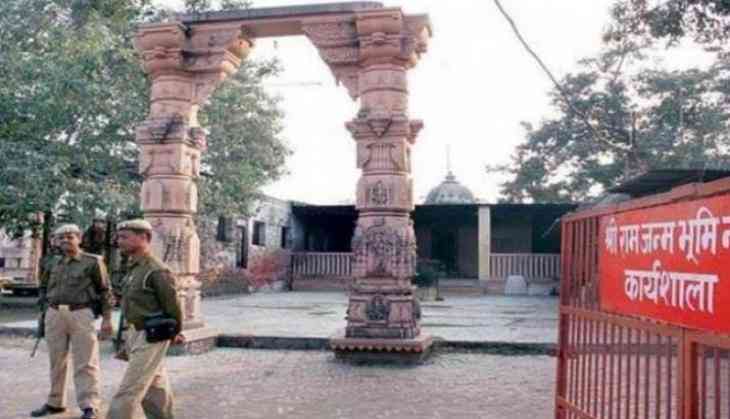
Presenting a plea on behalf of the Muslim side before a three-member bench headed by Chief Justice Deepak Mishra, advocate Rajiv Dhawan said, "The mosques are not designed for entertainment. Hundreds of people read prayers there, should not it be considered as a necessary practice of religion?
M Siddiq, one of the original litigants of the Ayodhya land dispute case who has died and is being represented through his legal heir, had assailed certain findings of the 1994 verdict in the case of M Ismail Faruqui holding that a mosque was not integral to the prayers offered by the followers of Islam, as per Indian Express reports.
Earlier on May 17, during the hearing, Hindu organizations had argued that there is no significance of place and place for Babri Masjid, but Ram's birthplace is of religious significance and it is of importance to Hindus, And cannot be shifted. Replying to this, Rajiv Dhawan argued before the Supreme Court.
As per reports, a three-judge bench of the Allahabad High Court, in a 2:1 majority ruling, had in 2010 ordered that the land is partitioned equally among three parties — the Sunni Waqf Board, the Nirmohi Akhara and Ram Lalla.
The Ayodhya land dispute debate centres around the land known today as Ram Janmabhoomi, on which the Babri Mosque was built in 1528. It is a political, historical and socio-religious debate in India, centred on a plot of land in the city of Ayodhya.
First published: 6 July 2018, 16:48 IST


